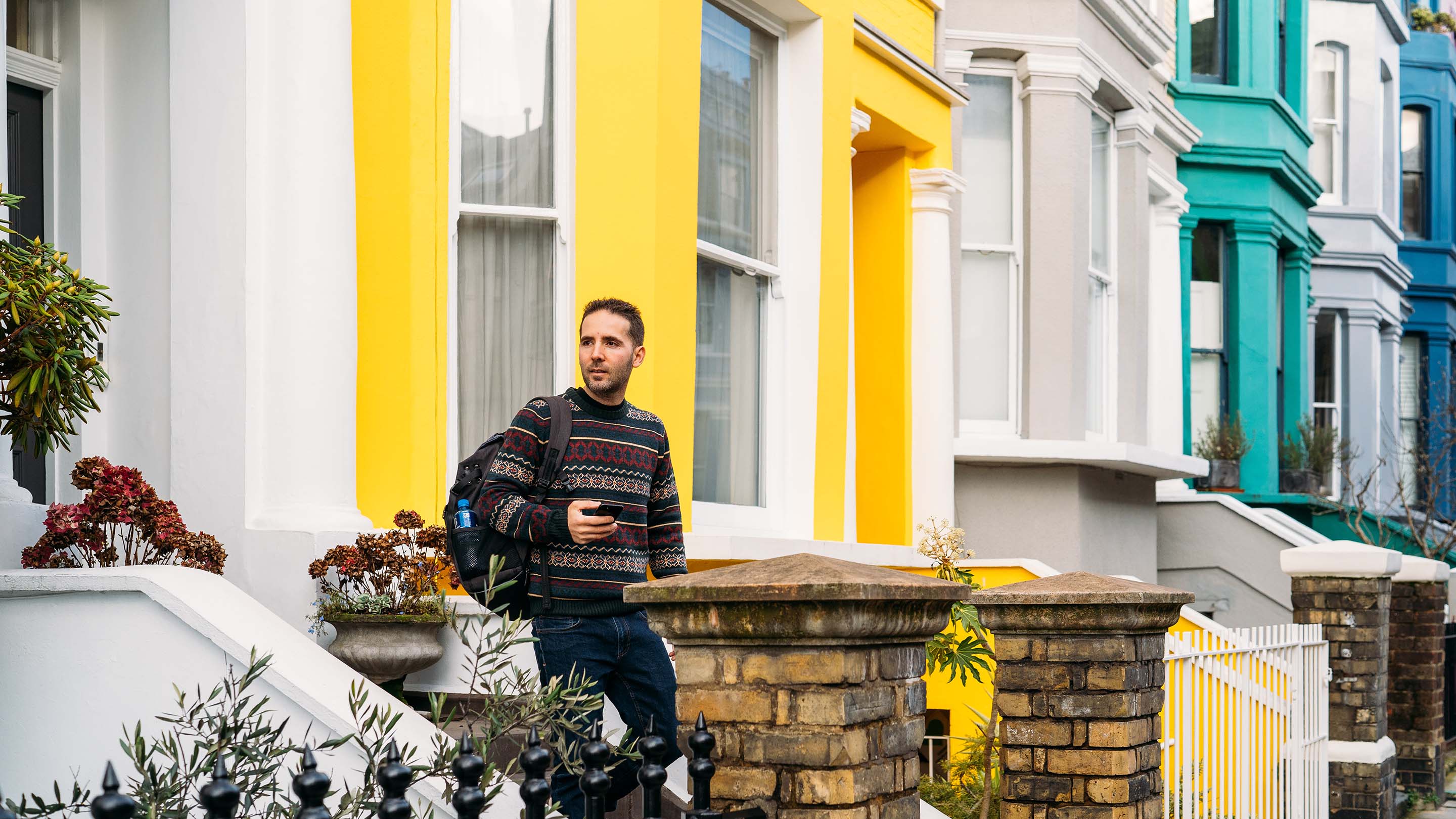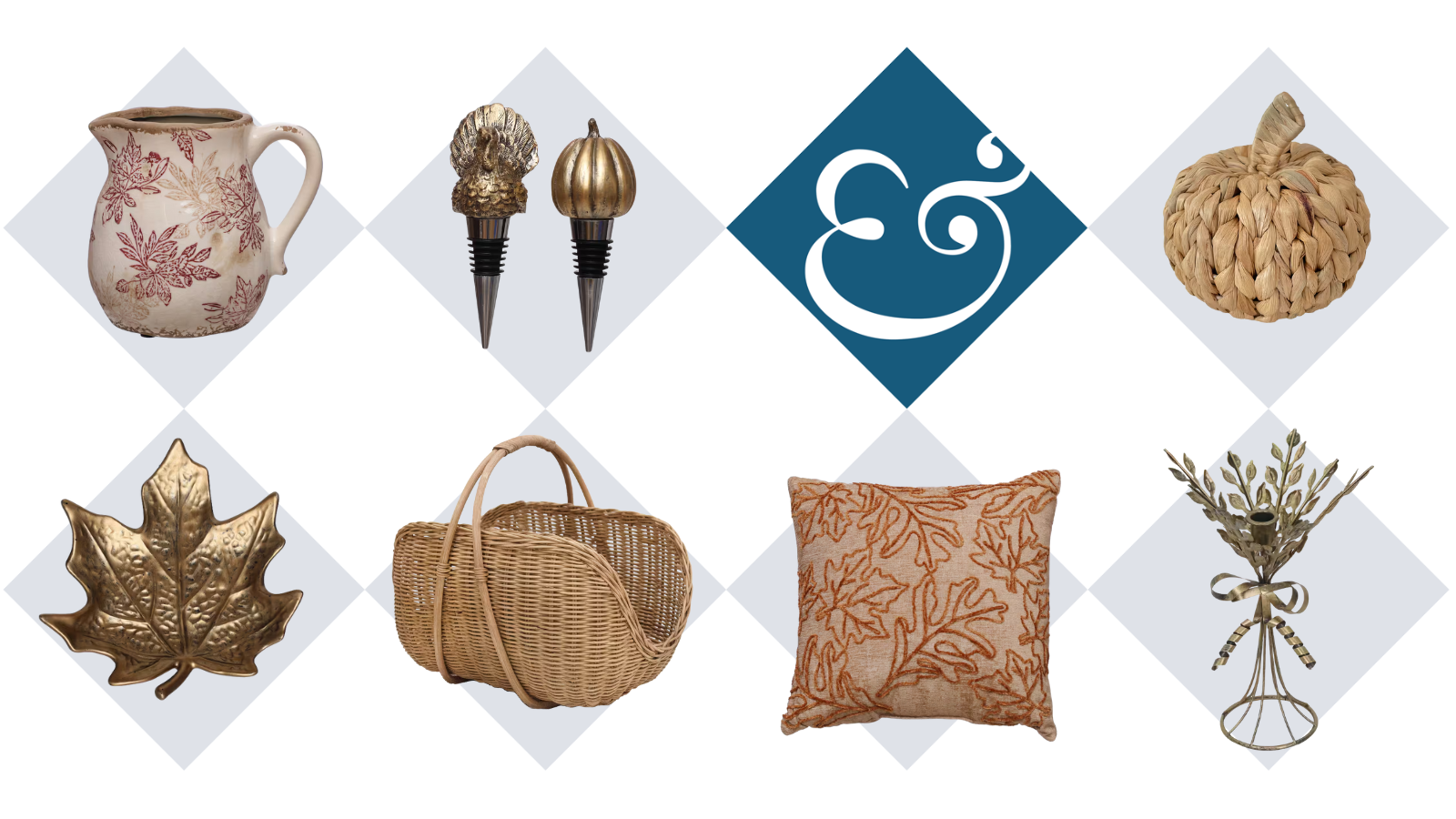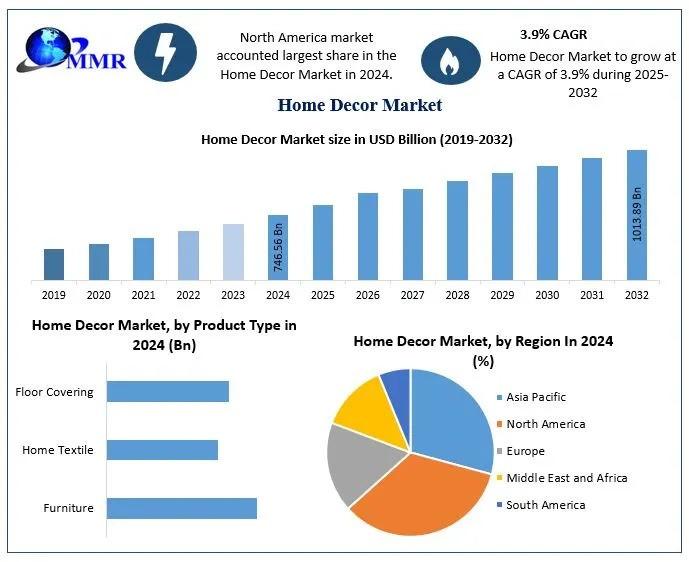Aviva urges customers to prioritise home security as nine percent of UK residents say they have been burgled in the past year


- Nine percenti of UK residents say they have been burgled in the past year
- A quarter (25%ii) say they have been burgled before
- Aviva home claims for theft via forcible and violent entry spike during the darker monthsiii
- 2023 saw a 34% increase between September and October, and 10% increase between October and November
- Of all those burgled, 47% of people were in the property when the break-in occurredv
Aviva is urging people to prioritise their home security as nine percent of UK residents say they have been burgled in the past year, according to new research from the insurer. A quarter (25%) of people say they have been burgled before.
Additionally, Aviva’s own home claims data from the last three years shows that home insurance claims for theft via forcible and violent entry spike between September, October, and November, as the nights grow longer and darker and the clocks go back:
- 2021 saw a 50% increase in claims for theft via forcible and violent entry between September and October, with a 2% increase from October to November.
- 2022 saw an 18% uplift in claims for theft via forcible and violent entry between September and October, with another 23% increase in claims from October to November.
- 2023 saw a 34% increase in claims for theft via forcible and violent entry between September and October, with another 10% increase between October and November.
| Aviva home claims for theft via forcible and violent entry | Percentage change September – October | Percentage change October – November |
|
2021 |
+50% | +2% |
|
2022 |
+18% | +23% |
|
2023 |
+34% | +10% |
The impact of break-ins
According to the Aviva survey, the average cost of damages and items stolen during a break-in in the last 12 months was £3,896.
According to the Aviva survey, the average cost of damages and items stolen during a break-in in the last 12 months was £3,896, with those aged 35-44 who have been burgled before seeing the highest cost at £7,199. However, impacts were more than monetary, with break-ins taking a significant emotional toll on respondents:
- Nearly half (48%) of those who had been burgled before said they felt angry after the break-in.
- Over a quarter (28%) felt unsafe in their own home.
- 26% of people experienced increased anxiety.
- 25% had their sleep affected by the burglary.
- Nine percent had to take time off work due to the stress and upset.
- And nine percent of people ended up moving properties because of the incident.
Of all those who were burgled, nearly half (47%) of people were in the property when the break-in occurred, with 18% of burglaries occurring during the day, and 29% at night. Where people weren’t in the property, nearly a third (32%) of burglaries occurred in the day when nobody was home, while just over a fifth (21%) occurred at night.
Lock it up!
While locking doors and windows is a fundamental security measure to keep properties and belongings safe, alarmingly, just under half (46%) of people do not lock all doors that provide access to the propertyv when they are at home and awake, and over a quarter (28%) of people do not lock all doors when they go to sleep.
Worryingly, the research also revealed that more than one in ten (13%) individuals do not employ any security measures while they are awake at home, and three percent of people do not employ any security measures when they are at home and going to sleep. One in ten people (10%) also store their keys within reaching distance of a door or window. These lapses in security practices potentially leave households vulnerable to break-ins.
Taking proactive security measures
When it comes to protecting their homes and possessions, a fifth of Brits (20%) use traditional security measures such as motion sensor lights that activate at night (20%). Over a fifth (21%) of Brits use a burglar alarm while they are away from the property for an extended period (such as three days or longer) and 17% while they sleep. Seventeen per cent of people also have a pet that they think would deter would-be thieves.
Modern technology is also providing more advanced security measures, with just over one in seven (15%) of Brits having security cameras that they use while away from the property for an extended period and the same amount while sleeping. Similarly, 14% of people use security cameras during the day. Video doorbells are also used when residents are away from the property for an extended period (13%), when sleeping (13%) and during the day (13%).
As the days get shorter and nights grow longer, we often see a spike in insurance claims for burglaries and break-ins.
Jonathan Cracknell, underwriting manager at Aviva, says: “At Aviva, we know that the emotional and financial impact of a burglary can be devastating. Victims not only feel unsafe in their own homes but also face potentially significant financial losses and the irreplaceable loss of sentimental items.
“As the days get shorter and nights grow longer, we often see a spike in insurance claims for burglaries and break-ins. This seasonal trend, which we may see again in 2024, underscores the importance of vigilance and proactive measures to secure homes and possessions against would-be thieves, especially with the clocks going back this weekend.
“Alongside practical security measures such as installing motion sensor lights and using security cameras or video doorbells, having the right home insurance is crucial for providing peace of mind and financial protection in the unfortunate event of a break-in, allowing people to recover and rebuild both emotionally and financially without bearing the full burden of the costs.”
Below, Aviva has provided some home security tips to help protect your home and belongings during the darker months:
- Install a security system. A comprehensive security system with cameras, video doorbells and alarms may help deter burglars. Displaying signs that indicate your home is protected could also be effective.
- Enhance outdoor lighting. Alongside a comprehensive security system, motion-activated lights can eliminate dark spots and act as a deterrent by alerting you to a potential burglar.
- Keep your home secure, even when in the property. Ensuring your property is secure is vital to protecting your home and belongings from incidents of vandalism or theft. If someone can easily enter a property, such as by using a key left under a plant pot, or entering through an unlocked door, there’s a chance that a claim may be declined.
- Reinforce sliding doors and windows. Burglars will look for weak spots in home security. Use rods or pins to prevent sliding doors and windows from being forced open.
- Keep your valuables out of sight. Ensure that valuable items such as laptops, tablets and jewellery are not visible from windows to avoid prying eyes and opportunist thieves. It’s also a good idea to hang keys away from doors, windows, or letterboxes, as thieves can use coat hangers and fishing rods to hook them.
- Get to know your neighbours. Getting to know your neighbours and establishing a community watch can help monitor suspicious or unexpected activities around your property, enhancing neighbourhood security, especially if you’re away from home.
- Make your home seem occupied if you are away. Use timers or leave lights on if you’re out and about and aren’t going to get back before dark, or if you are away on holiday. It’s also a good idea to leave a radio on to give the impression that someone is home.
- Let your insurance know if you are leaving your house unoccupied for a significant length of time. Leaving your home unoccupied can increase the risk of a break-in. Most insurance policies specify the number of days a property can be left empty without invalidating insurance, e.g., up to four weeks, but if you plan on leaving your property empty for a significant period of time, you should let your insurance provider know.
- Review your home contents insurance policy. It’s important to understand what level of contents insurance you need. If you don’t have enough, your policy might not pay out to replace all your belongings after a break in. Just over one in seven people (15%) don’t think they could provide an accurate estimation of the value of the contents in their home, but Aviva’s free home contents value calculator can help you estimate the cover you’re likely to need based on what you own. Reassess your home insurance needs annually and shop around for different cover if your needs change.
Methodology:
- The research was conducted by Censuswide, among a sample of 2,004 Nationally Representative UK Consumers, aged 16+. The data was collected between 11.09.2024 – 13.09.2024. Censuswide abides by and employs members of the Market Research Society and follows the MRS code of conduct which is based on the ESOMAR principles.
- Aviva internal claims data for theft claims which mention forcible and violent entry between September, October and November 2021, September, October and November 2022, and September, October, and November 2023.
References:
i. Yes’ answers combined from ‘less than a month ago’ to ’11-12 months ago’
ii. Reverse of ‘No, I have never been burgled before’
iii. Aviva internal claims data for theft claims which mention forcible and violent entry between September, October and November 2021, September, October and November 2022, and September, October, and November 2023.
iv. ‘Yes, it occurred during the day whilst I or another member of my household was at home’ and ‘Yes, it occurred at night whilst I or another member of my household was at home’ answers combined
v. Reverse of ‘I lock all doors that provide access to the property’
Media enquiries:
link







